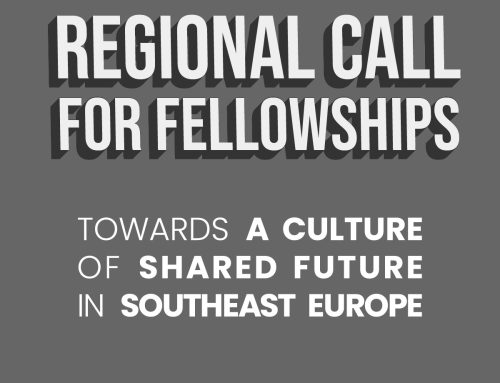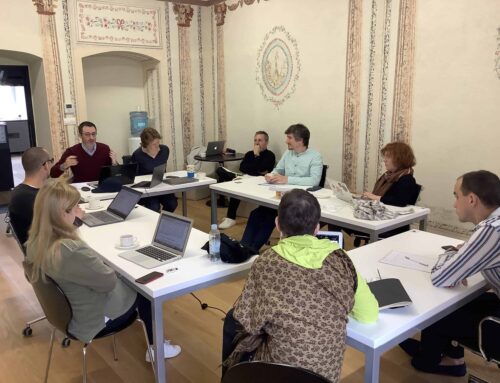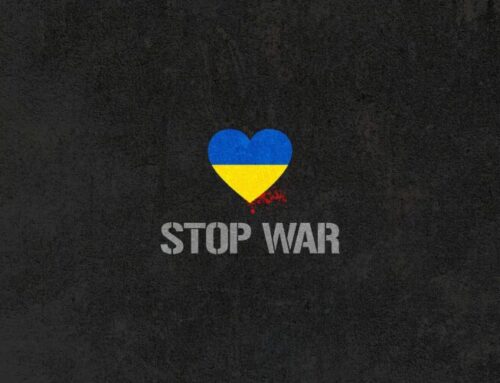The CAS SEE Fellowship 2016-2017 Call for application will be published by the end of May 2016.
New Call for the CAS SEE Fellowship programme is opened.
Following the implementation of the First and Second Generation of CAS SEE Fellows in the academic year 2014-15 and the automne semester 2015, CAS SEE is announcing a new annual call for Fellowships for the spring 2016. This call is organised along selected thematic foci (see bellow) but also offer the possibility of open applications. The CAS SEE Fellowship Programme for spring 2016 will host 8 junior fellows. The Call for Applications will be closed on 10 December 2015. The third generation of fellows will assume their positions by February 15th 2016.
Inspired by the excellent cooperation of the First and Second Generation of CAS Fellows and their cooperative work that has created thematic synergies within smaller working groups among the fellows, CAS SEE Fellowship Programme in spring 2016 will stimulate the building of smaller groups of Fellows working on similar topics (or different aspects of one particular topic). The Fellows will present their work on a bi-weekly basis in Rijeka or other regional centers, and will engage more intensively in research in the wider region of Balkans region. All Fellows will spend first two weeks of the Fellowship at CAS SEE premises in Rijeka. One part of the Fellows will then according to their research interests be enabled to spend the rest of the Fellowship in the region, while attending the regular CAS SEE regional seminars. By implementing such a flexible regional approach while maintaining the spirit of CAS SEE Collegium the Fellows will be able to create new synergies within the Collegium as well as to pursue their research within wide networks of other scholars and partner institutions in the region perfectly designed to enrich their work.
The third Call for Fellows is inviting applicants to focus on two particular topics:
Refugees, Migration and Democracy: Faces of the protracted relationship
Next decade seems to be set to become a decade of migration and refugee flows. The year 2015 with hundreds of migrants dying while crossing the Mediterranean Sea or suffering on they way through the so called “Balkans route” towards the West is profoundly shaking the fundaments of Europe. Europe is struggling to cope with the newest refugee influx and some voices even describe the Union as facing the biggest challenge since the World War Two. On top of it the European self-understanding and the very core of European democracy seem to be in the process of renegotiation. Rise of the far-right parties and populism, new cleavages and inequalities within Europe, authoritarian challenges to democracy – the list of newly emerged phenomena is long. Migration poses new challenges to the definition and understanding of democracy. Thinking and re-thinking the very notion of democracy against this background seems to be a fundamental task of present time. Questions are manifold: How is the demos renegotiated? What is the new meaning of belonging and exclusion? Which new forms of transnationalism are emerging before our eyes? How can we re-re-conceptualize the very understanding of terms like “fleeing”, “migration”, “crossing borders” or “human dignity”, etc. in relation to the migration and refugee flows in this part of world Europe?
(Re)thinking (about) the Crisis: Exploring the danger and the opportunities of current crisis-hysteria
Economic crisis, refugee crisis, crisis of democracy, crisis of participation, crisis of Europe, crisis of capitalism, crisis of leftist thinking, crisis of liberalism, ecological etc. – crisis all around. We could go on endlessly by just naming few newspaper headlines. Crisis became an empty signifier; a notion so randomly and relentlessly used that our conceptual and empirical thinking about the crisis becomes blurred. So, how can we (re)think the very notion of crisis today? Which ways of empirically founded research of different sorts of crisis are needed? How to distinguish between crisis as the moment of changing the course of history of one particular phenomenon and a simple (often rhetorical) crisis hysteria? What are the ways of appreciating the crisis as a moment of catharsis? We invite both empirically oriented projects on current major crisis phenomena as well as projects focusing on the philosophy of crisis to apply.
We also invite applicants to submit open applications
However, the applicants submitting proposals offering possibilities of thematic synergies with above mentioned topics (or enriching them with new aspects) are preferred.





